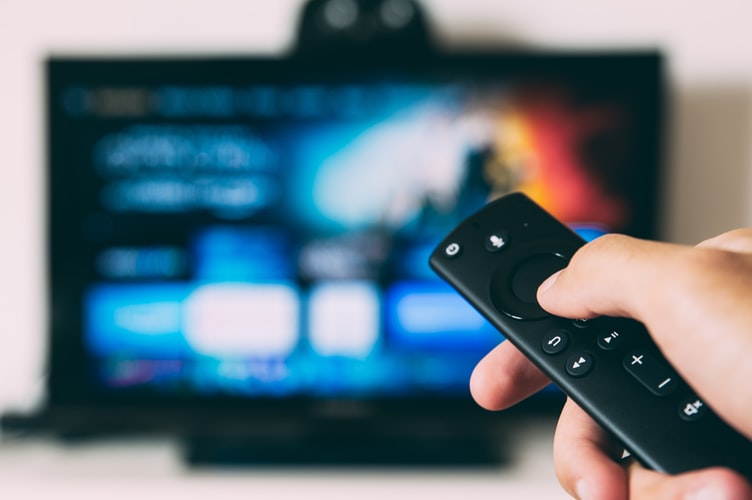How Accurate Is Closed Captioning?
Captioning vendors often promise 99% accuracy in their final results, but what does 99% look like in practice? The numbers say that would equal out to about 15 errors per 1,500 words. Those errors may include spelling mistakes, word substitution, and incorrect punctuation. What if a company reporting 99% accuracy fails to live up to that standard? How do such inaccuracies impact the hearing impaired and deaf?
The Reality of Closed Captioning Statistics
Simply put, entrusting automated programs to ensure high-level captioning accuracy can be a dicey proposition. Statistics say that automated programs are skilled enough to handle the bulk of the work, but not enough to remove human proofreaders from the process. When taking a deeper look into the numbers, reports from various sources, including 3Play Media, cite that accuracy can sometimes fall as low as 84.7%. Automatic speech recognition programs can register even worse than that, with many recording an 80% accuracy rate.
The Intricacies of Language
Even if general errors like spelling, word subbing, and punctuation were remedied, closed captioning can still fail to communicate the nuances of spoken language. Imagine a world in which sarcasm could not be communicated, in which context was absent, and where word emphasis was muted. That is the reality of relying on closed captioning for the hearing impaired or deaf. Untreated hearing loss can be frustrating enough; there’s no need to add to it.
Laying Out the Standards of Captioning
The Described and Captioned Media Program (DCMP) lays out the best practices for the captioning world. The guide says that captions should be accurate, consistent, clear, readable, and equal. This matches up with the FCC captioning standards that dictate captions should be accurate, synchronized, complete, and properly placed. Clearly, based on the statistical data above, these standards are not always met.
At Associated Hearing Professionals, we aspire to help enrich our clients’ lives through our audiology practice. You shouldn’t miss out on the simple pleasures like watching TV due to hearing loss. Our award-winning staff has over 70 years of experience in caring for clients, and we are prepared to help you find the right hearing aid for your lifestyle. Contact us to schedule an appointment at one of our St. Louis-area offices.

